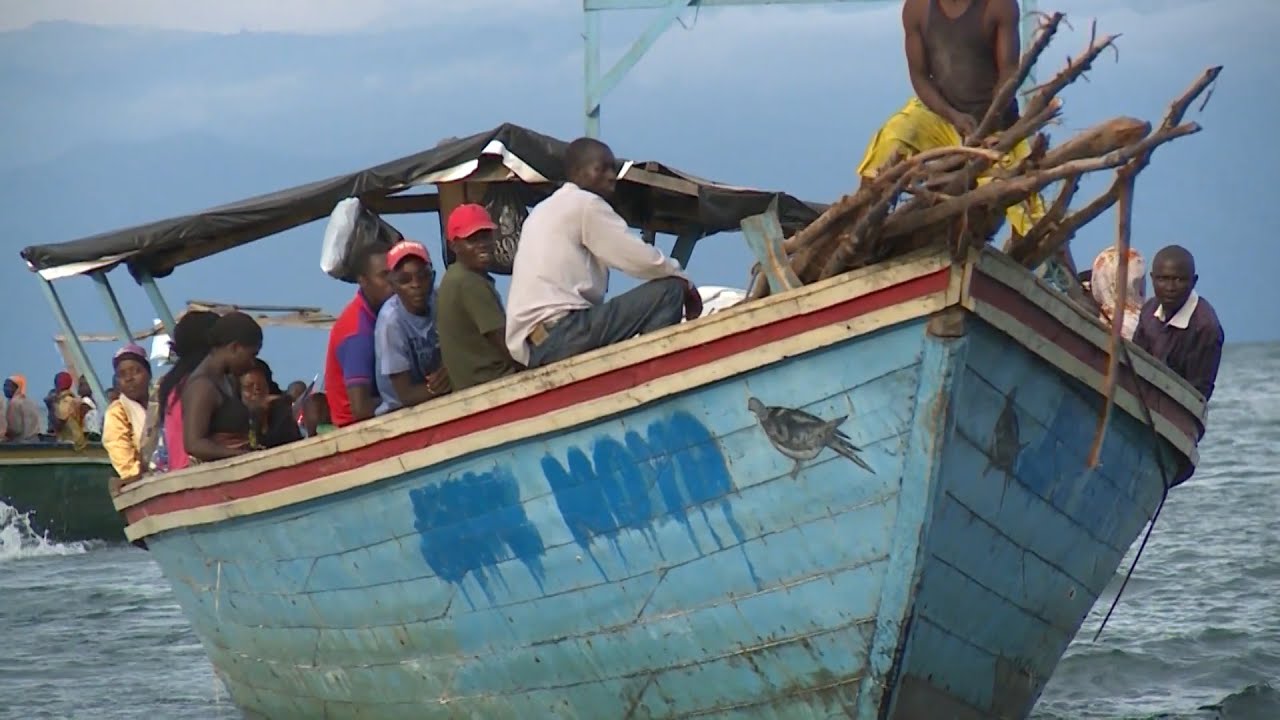ECONOMY

FG TO PRODUCE BOATS LOCALLY, BAN WOODEN BOATS – SHIPPERS COUNCIL
The Federal Government, through the National Inland Waterways Authority (NIWA), has announced plans to phase out the use of wooden boats across the country’s inland waterways.
NIWA’s Managing Director, Bola Oyebamiji, made this known during a media parley with editors in Lagos. He emphasized that the move is part of a broader effort to enhance safety and promote efficient water transportation nationwide.
According to Oyebamiji, wooden boats currently make up more than 90 percent of vessels operating on Nigeria’s inland waterways and are responsible for the majority of recorded accidents. He noted that many of these boats operate without regard for safety regulations, such as avoiding night travel, preventing overloading, and ensuring passengers and operators wear life jackets.
“Traveling at night on waterways is a criminal offense. Yet many of these boats lack lighting, are often overloaded, and are operated by individuals with little to no formal education,” he said.
To address the issue in the short term, NIWA has increased the number of safety marshals stationed at jetties nationwide from 80 to 350. These marshals now work in shifts to monitor boat operations both during the day and at night.
Oyebamiji also revealed that the authority has intensified public awareness campaigns at jetties and through various media platforms. These sensitization efforts are being carried out in English as well as in the local languages of the riverine communities.
He said the campaigns aim to educate boat operators and passengers on the dangers of night travel, overloading, and non-compliance with safety protocols such as the use of life jackets.
Looking ahead, Oyebamiji stated that NIWA is working with the Presidency and the Ministry of Marine and Blue Economy to replace wooden boats with safer alternatives across the country. As part of the transition, the agency will deploy more patrol boats to enforce compliance with NIWA regulations, with support from the Nigerian Navy.
“Many people blame God for accidents on waterways, but in reality, our own behavior and attitude are the real causes,” Oyebamiji remarked. “We will continue to educate, sensitize, and when necessary, sanction violators until we eliminate fatalities on our waterways.”
He urged all stakeholders to adhere to safety rules to ensure smooth and safe operations on Nigeria’s waterways.
"This represents a significant development in our ongoing coverage of current events."— Editorial Board









